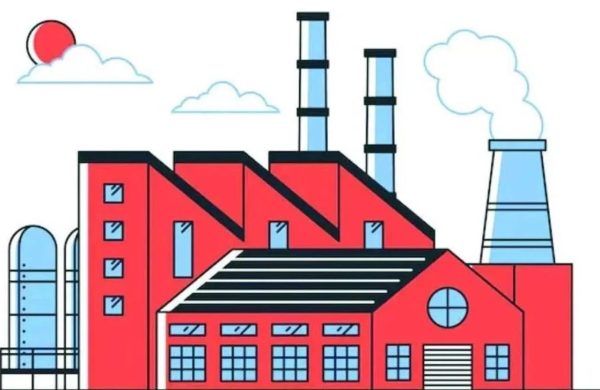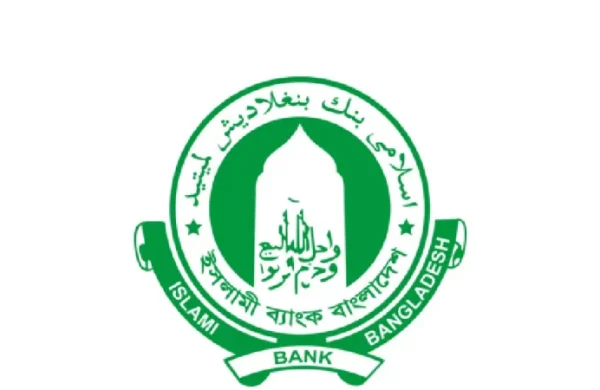Dying industries and soaring unemployment push economy to the brink
- Update Time : Tuesday, May 27, 2025

Staff Correspondent:
Bangladesh’s economy is under immense strain as rising production costs, volatile energy prices, a surging dollar, and soaring interest rates have left the industrial sector gasping for air. Entrepreneurs report that more than 60% of factories are operating below capacity or have shut down entirely, as gas shortages, interest rate hikes, and deteriorating law and order threaten to paralyse manufacturing.
The situation is exacerbated by what many describe as a hostile policy environment. Industrialists say they face relentless pressure and threats from the authorities, even as the government fails to ensure consistent gas and electricity supplies. “Our backs are against the wall,” many say.
Unemployment has surged by 330,000 over the past year—reportedly the highest increase in the country’s history. Business leaders and analysts warn that Bangladesh’s private sector competitiveness is under serious threat. Shrinking capital has made it difficult for even existing businesses to survive, let alone expand. With political uncertainty growing ahead of the national election, the risk of an even deeper crisis looms.
At a press conference on Sunday, BTMA President Showkat Aziz Russell said, “In 2025, it’s not just industries that are being destroyed—it’s the entrepreneurs themselves. This is nothing short of a conspiracy. If we can’t save industry, we will face famine.”
Gas shortages have slashed production by over 60%. Despite gas prices rising by 178% in 2023 and 33% this year, supply remains erratic. Entrepreneurs in the textile and apparel sectors warn that over $70 billion in investment is now in jeopardy. BTMA Vice-President Saleh-Ud Zaman Khan added that without intervention, half the country’s factories could shut down within months.
Meanwhile, bank loan interest rates have surpassed 16%, driving up production costs and eroding profitability. Syed Mahbubur Rahman, Managing Director of Mutual Trust Bank, said uncertainty caused by high interest rates and political instability is deterring investment. Private sector credit growth has fallen to a 21-year low of 6.82%.
Labour markets are also feeling the squeeze. Unemployment hit 2.73 million in the final quarter of 2024, up by 330,000 from the previous year. The service sector has been hit hardest, with women disproportionately affected.
Revenue collection has slumped to a five-year low of 3.24%, according to the NBR. This has forced the government to borrow 60% more from the banking sector, diverting credit away from the private sector and further tightening liquidity.
Former FBCCI President Abdul Awal Mintoo said the current environment lacks the stability necessary for investment, while DCCI President Taskin Ahmed warned that gas price hikes and rising interest rates are creating an uneven playing field that deters new investments and hampers industrial growth.
Dr Masrur Reaz, Chairman of Policy Exchange Bangladesh, noted that while the balance of payments has stabilised and foreign reserve depletion has slowed, high inflation and declining demand continue to suppress industrial output. He emphasised the urgent need to improve political stability and restore investor confidence.
“With no clear roadmap on elections and mounting structural challenges, investment has stalled. We must urgently address our energy, SME, and employment sectors,” Dr Reaz said.
Without immediate policy shifts and support for domestic industry, Bangladesh risks a prolonged economic downturn, marked by rising joblessness, falling investment, and stagnating growth.


















